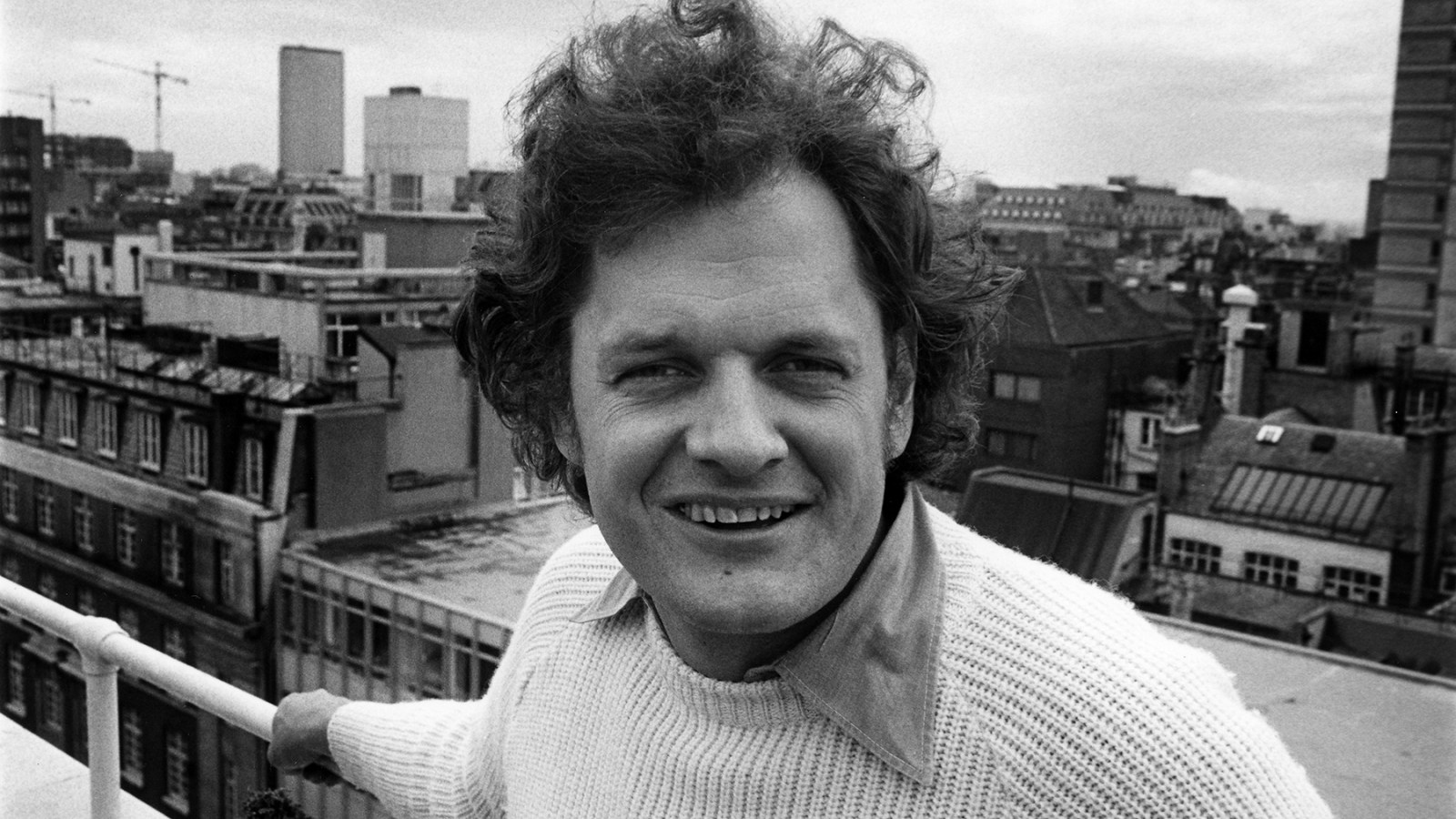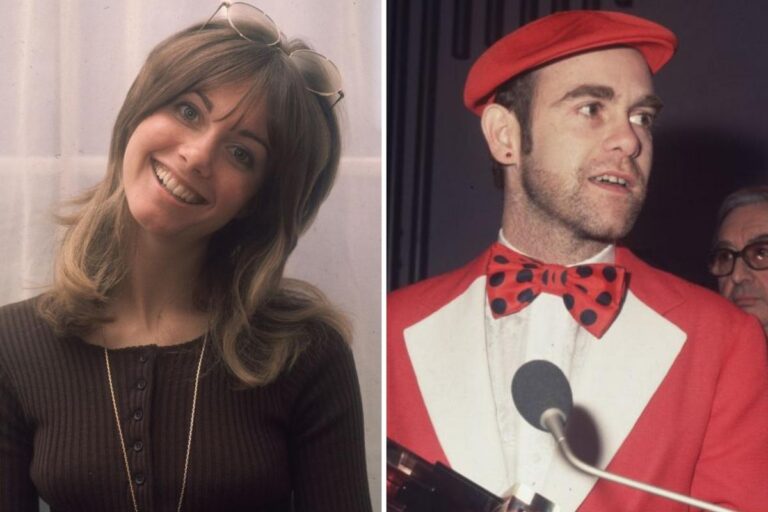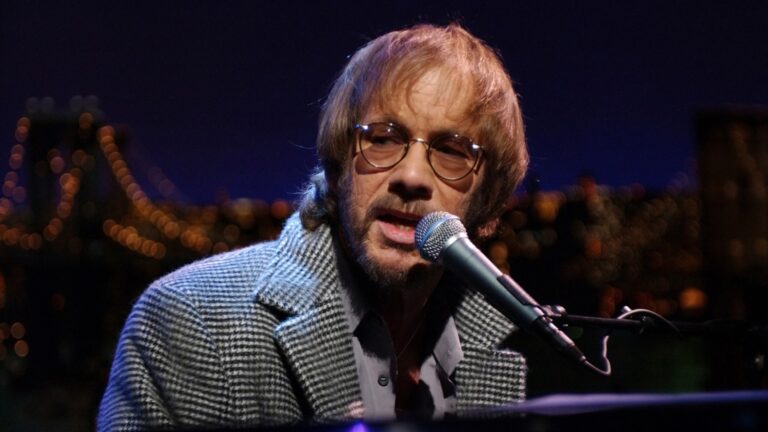Of all the unlikely songs to top the pop charts, right up through Oliver Anthony’s “Rich Men North of Richmond,” Harry Chapin’s 1974 hit “Cat’s in the Cradle” remains singular, and singularly unexpected. Even during an era overrun with story-songs, of which Chapin was a master, “Cat’s in the Cradle” stood apart. Here was a chamber-folk ballad that started with a squiggly sitar-guitar effect, then launched into a tale of a man lamenting all the times he was too busy to interact with his son — only to see family history repeat itself when the grownup child has no time for him.
There was also a nursery-rhyme chorus, intro orchestration straight out of a period movie western, and lyrics aimed at boomers suddenly nearing 30, none of which screamed “America’s Top 40.” Yet, somehow, the song pushed its way past proto-disco (Carl Douglas’ “Kung Fu Fighting” and the Three Degrees’ “When Will I See You Again”) and horror-nightmare pop (Helen Reddy’s nightmarish “Angie Baby”) to hit Number One.
The fact that the deeply adult and dramatic “Cat’s in the Cradle” connected is only half the story. As laid out in director Rick Korn’s new doc, Harry Chapin — Cat’s in the Cradle: The Song That Changed Our Lives, Chapin’s parable has persisted over generations and genres. You may remember Ugly Kid Joe’s mope-grunge remake in the Nineties, which also topped the charts. But who other than those who collect the late Chapin’s royalties recall Johnny Cash’s version or Darryl “DMC” McDaniels’ overblown 2006 cover, which packed in rap, metal, and Sarah McLachlan’s voice on the chorus? Or that YouTubers who’ve recently played and reacted to it often mispronounce his last name as “Chapp-in,” rather than “Chay-pin”? All those examples and more are stuffed into the film, making it consistently fascinating and entertaining. As one young YouTuber ponders when the song ends, “Wow … some deep shit.”
Billy Joel, Judy Collins, and Pat Benatar weigh in on Chapin’s music, songwriting craft, and sizable contributions to anti-hunger charity organizations; Chapin, who died in a car accident in 1981, is credited with inadvertently inspiring benefit projects like “We Are the World.” (Ken Kragen, one of those behind that project, also managed Chapin.) But the commentaries that hit hardest are the ones that explore why the song (based on a poem by Chapin’s wife Sandy, after her first husband and his relationship with his own father) connected with people you’d never expect. With hints of pain still in his voice, Ugly Kid Joe singer Whitfield Crane talks about his alcoholic father, and Twisted Sister’s Dee Snider (who admits he was never a fan of “acoustic”) delves into the pressure he felt from his dad. And both love the song.
We also hear the way “Cat’s in the Cradle” spoke to the father of a child killed during the Sandy Hook massacre and a young Boston doctor (and part-time singer) whose father was always away at work conventions on her birthday. The film’s title may be overstated, but there’s no denying the way the song’s message about longing, separation, and regret affected an inordinately wide range of people who heard it.
Anyone going into Cat’s in the Cradle (which premiered at New York’s Tribeca Film Festival last week and is now streaming) may wonder how a doc on one tune could be sustained over 90 minutes. The answer is that it really can’t. After a while, the film starts hitting the same note, the testimonials growing increasing repetitive. The doc does explore Chapin’s workaholic tendencies and how they impacted on his wife and children, but not the period of infidelities documented in one Chapin biography. Still, the movie succeeds in making the case for “Cat’s in the Cradle” as the “who knew?” go-to song for anybody who wishes they’d had a good time then.



